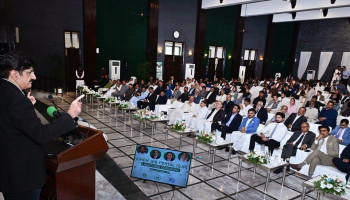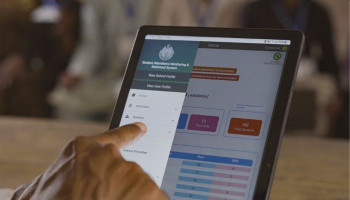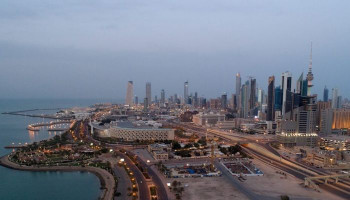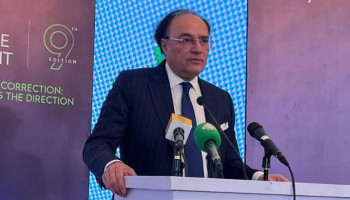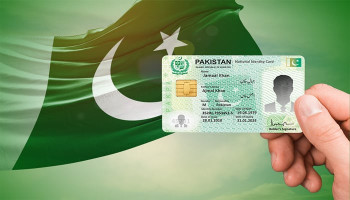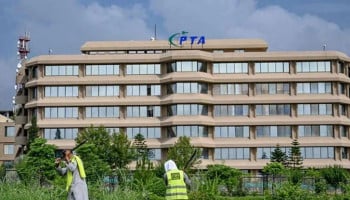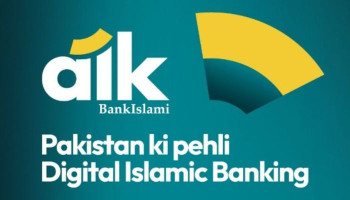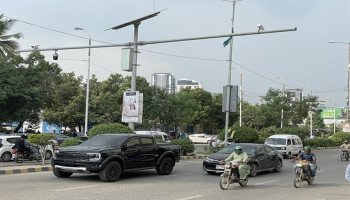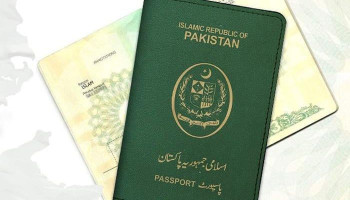
Prime Minister Shehbaz Sharif on Monday said Pakistan’s ongoing efforts to become a cashless economy will play a key role in ensuring sustainable development and better governance.
Chairing a meeting to review the progress on digitisation, the prime minister instructed authorities to increase awareness campaigns, particularly in rural areas, to ensure the phasing out of the traditional cash-based system.
“The world is moving toward a digital economy, and Pakistan must move forward alongside it,” he said, adding that his government’s early concentration on digital reforms had started to yield positive results.
The PM also highlighted that a major milestone in financial inclusion came when the monetary assistance under the Benazir Income Support Programme was disbursed through digital wallets for the first time during Ramazan.
Shehbaz said that the transition to a cashless economy would reduce corruption and enhance transparency. He valued the progress made so far by the Ministry of Finance, the Ministry of IT, the Federal Board of Revenue (FBR), and the State Bank of Pakistan (SBP) for implementing the roadmap.
The meeting was informed that electricity and gas bills could now be paid through RAAST QR codes, which would enable digital transactions worth billions of rupees.
Officials also shared the progress regarding the launch of 10 million digital wallets under BISP that are expected to be fully functional by the end of this month.
The prime minister instructed that financial inclusion be expanded further as digital banks continue to be licensed nationwide. “Over 68% of the population is now financially included, and more progress will follow next year,” the meeting was told.





